Archive for June, 2023

Grand Collision Unification | Update 32.3
Jun 29th
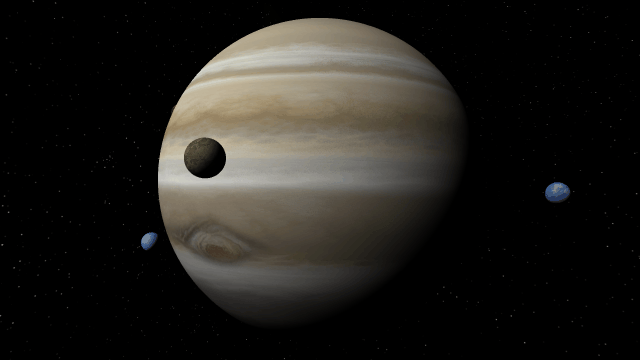
If Update 32.3 does not download automatically, follow these update instructions. If you don’t own Universe Sandbox, you can buy it via our website.
We’ve combined our two previously separate collision methods improving collisions so shockwaves now realistically eject fragments as they spread across gas giants during collisions. Interface panels, such as graphs, data maps, and object properties, are now remembered when you open saved simulations. We’ve also added new astronomical discoveries to explore, like the galaxy-sized detector used to find new evidence of supermassive black holes.
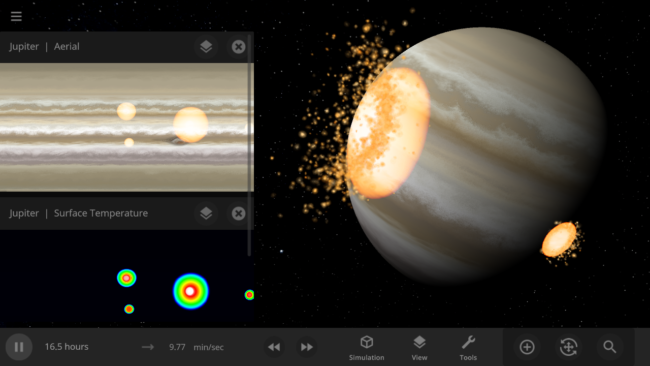
Unified Collisions
Collisions are more realistic, with shockwaves propagating across gas giant surfaces and fragment ejection direction based on impact angle with our new unified collision system. This new collision solution combines our two previous separate collision methods.
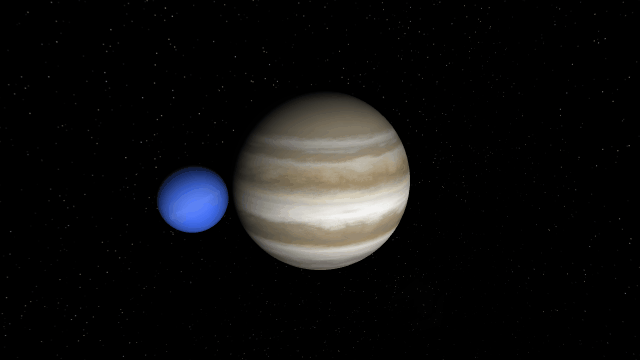
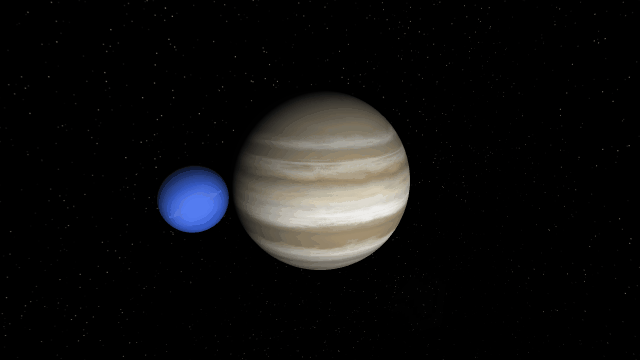

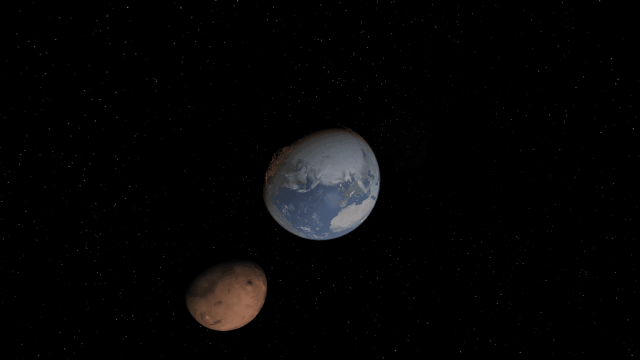
Saving Your Interface
Pick up right where you left off with the properties panel open, or include a temperature graph in a shared simulation to show a planet heating up from a close encounter with a star. Saved simulations now remember the state of the interface panels. See it in action in
Open > Core > A Tidally Heated Habitable Moon or Tidally Locked Earth
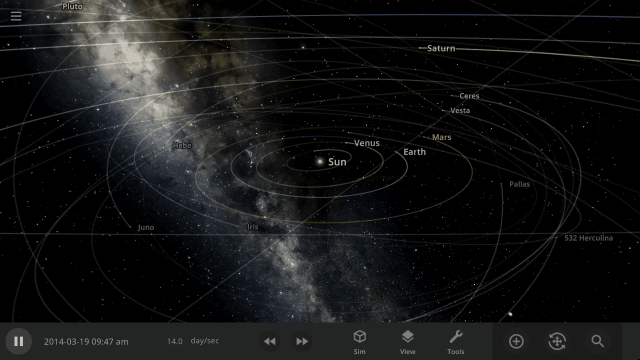
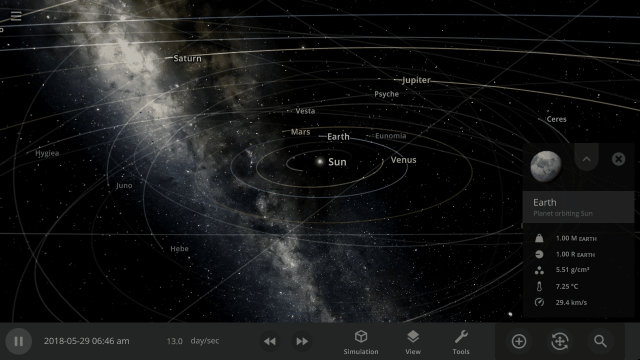
Searching for Supermassive Black Holes
On June 28, 2023, evidence for a signal generated from all supermassive black hole pairs from across the universe was announced by the North American Nanohertz Observatory for Gravitational Waves. Explore the galaxy-sized detector they used and learn how they found this evidence in our new guide
Guides > Discoveries > Searching for Supermassive Black Holes
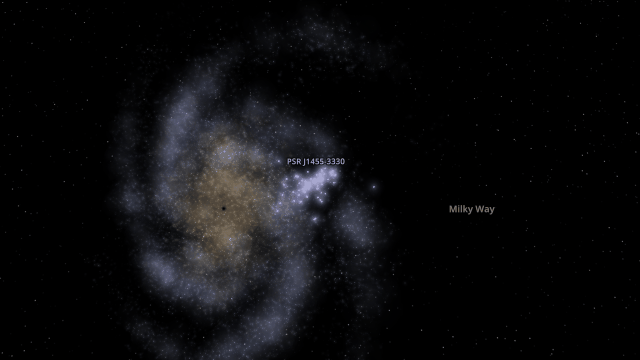
More Highlights
See the dwarf planet Quaoar’s newly discovered rings in the new simulation
Open > Solar System > Quaoar with Rings
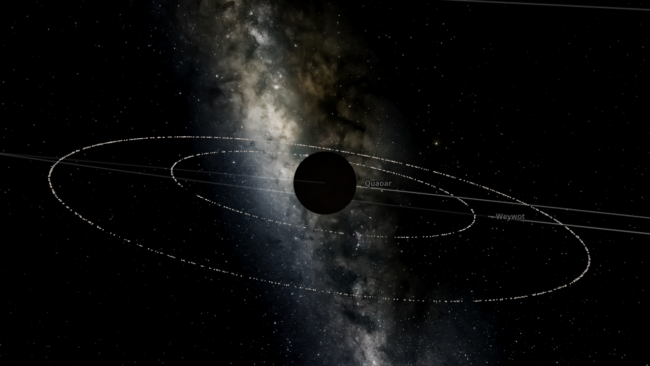
We’ve also added a simulation of the dwarf planet Haumea’s rings, which were discovered back in 2017, in the simulation
Open > Solar System > Haumea with Rings
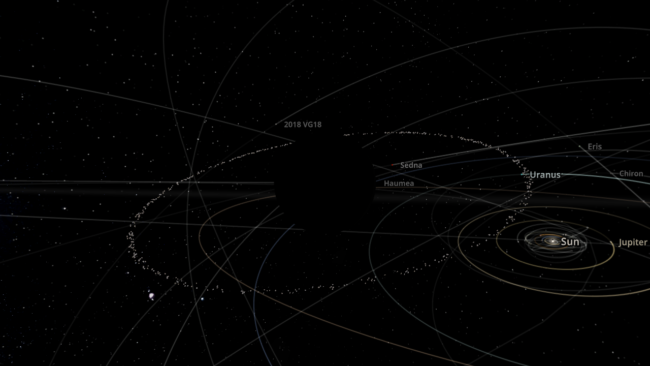
Manipulate the temperature of the universe and learn about the cosmic microwave background, a type of faint radiation spread across space, in our new guide
Guides > Science > Cosmic Microwave Background
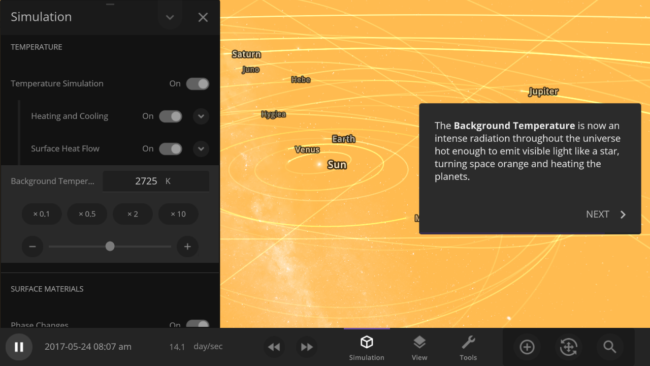
Display settings have been updated to include more options for exclusive fullscreen, fullscreen borderless, and windowed resolutions
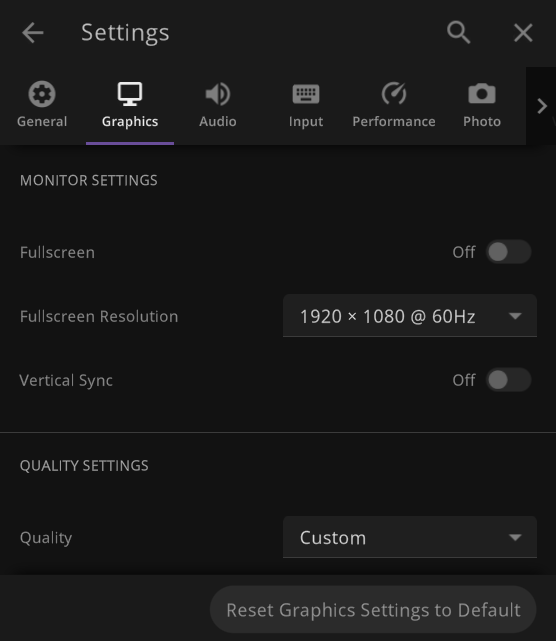
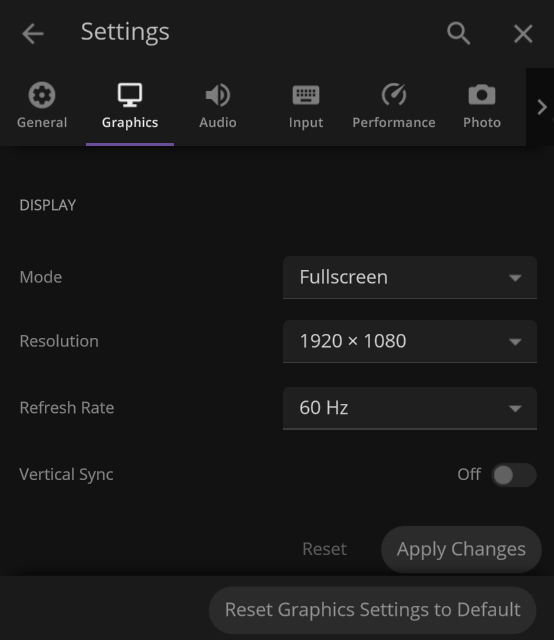
Additional Actions have been added to the Properties panel of objects so you can easily Fly To, Follow, or Land on objects
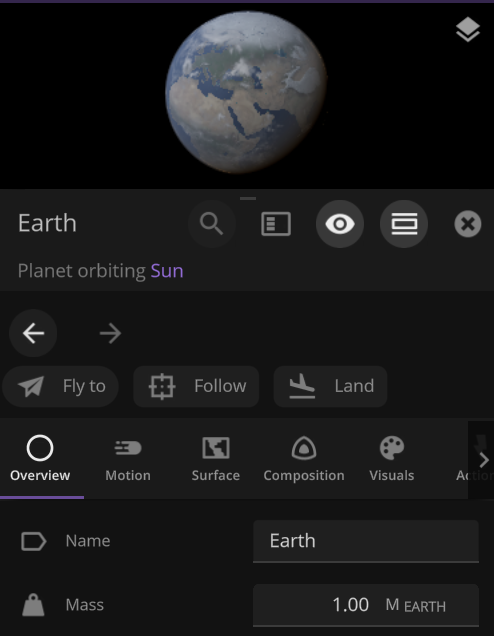
Default temperature unit can now be changed to °F, only °C, or only K under
Settings > General > Temperature Units
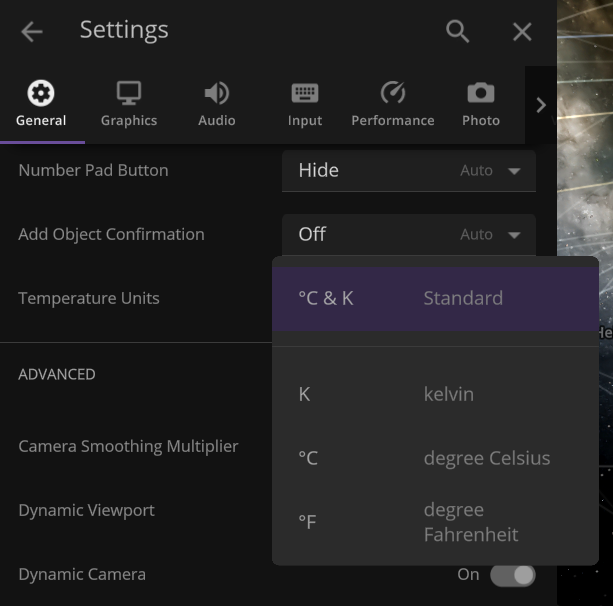
Check out the full list of What’s New in Update 32.3
Please report any issues on our Steam forum, on Discord, or in-game via Home > Send Feedback.
